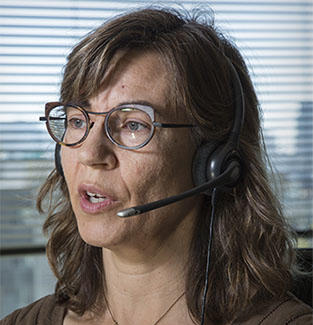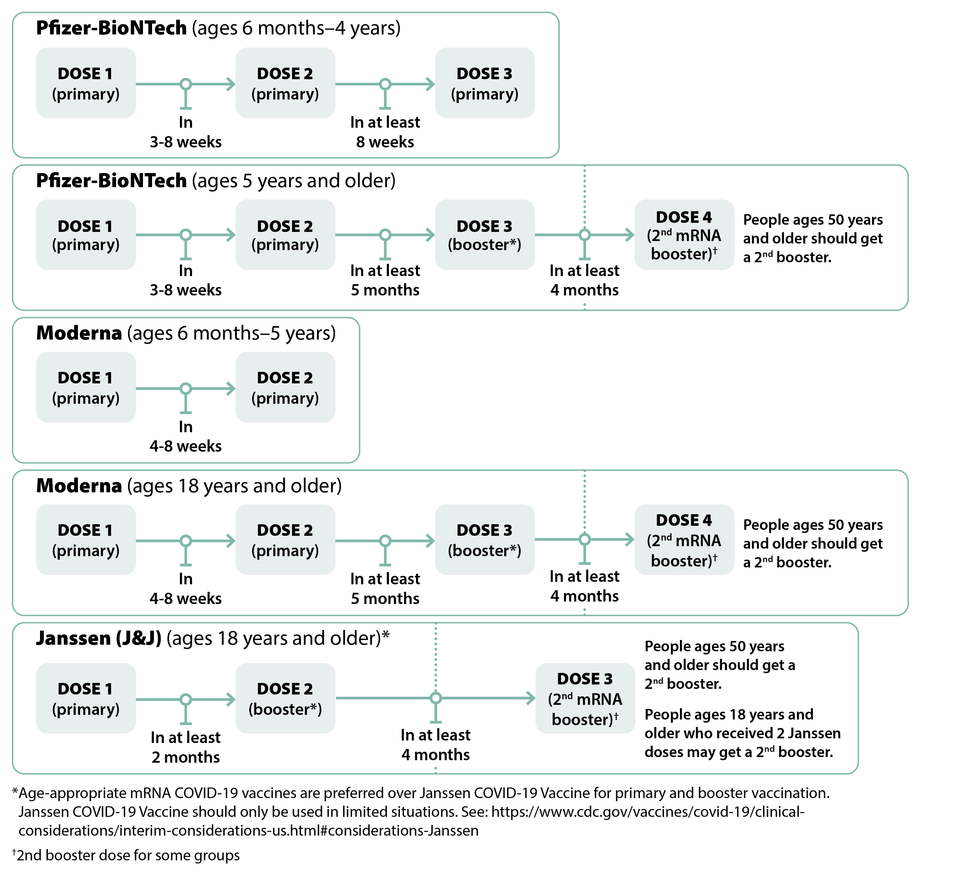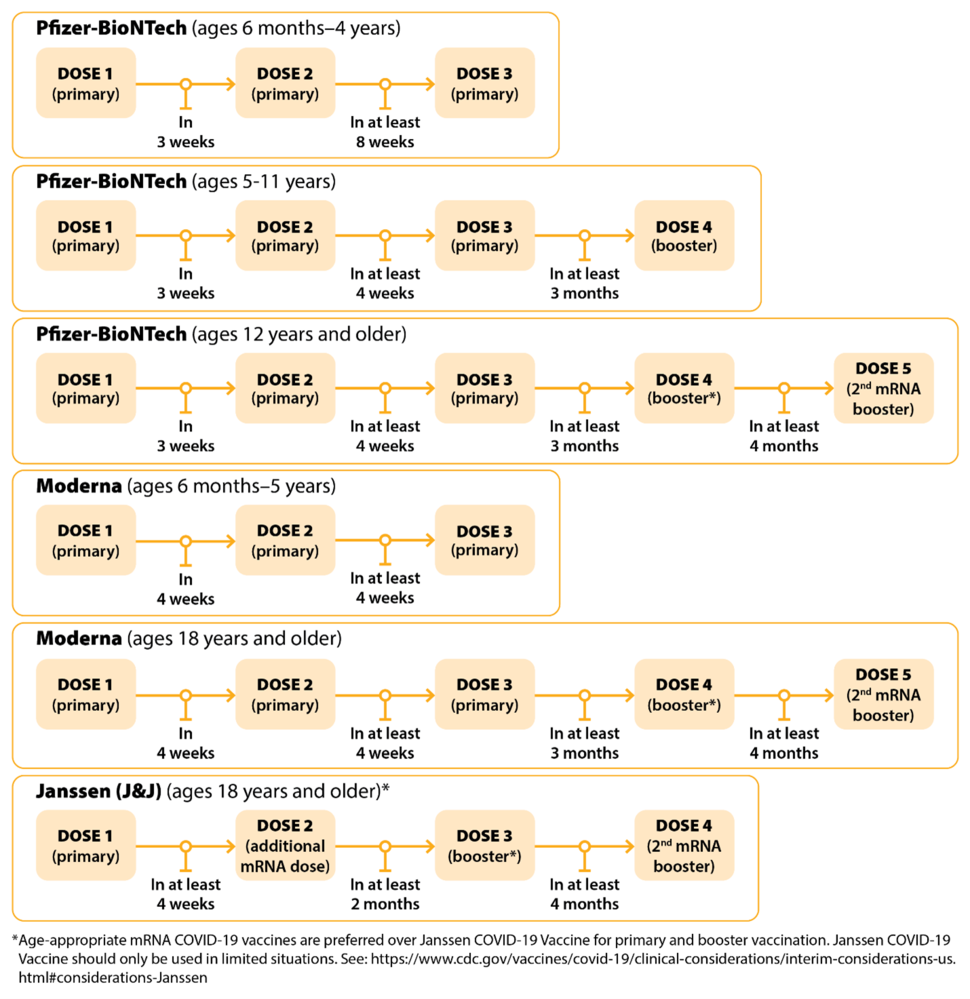Funny Nose Masks for Cancer Treatments
NCI information specialists are available to help answer your questions about coronavirus and cancer Monday through Friday 9:00 a.m.–9:00 p.m. ET.
What is coronavirus, or COVID-19?
Coronaviruses are a large family of viruses that are common in people and many different species of animals. SARS-CoV-2 is a novel (new) coronavirus that causes a respiratory disease named coronavirus disease 2019, which is abbreviated COVID-19.
As SARS-CoV-2 spreads, the virus can change, which results in new variants. Some variants may spread more easily than others or be more resistant to vaccines or treatments.
If I have cancer now or had it in the past, am I at higher risk of severe COVID-19?
If you have cancer, you have a higher risk of severe COVID-19. Other factors that increase the risk for severe COVID-19 include having a weakened immune system (being immunocompromised), older age, and other medical conditions.
People with blood cancers may be at higher risk of prolonged infection and death from COVID-19 than people with solid tumors. That is because patients with blood cancers often have abnormal or depleted levels of immune cells that produce antibodies against viruses.
NCI is conducting a large study of people with cancer who have COVID-19 to learn more about the risk factors for COVID-19 and to help doctors better manage treatment for people with cancer and COVID-19.
If you had cancer in the past, you also may be at higher risk of severe COVID-19, and you may want to discuss your concerns about COVID-19 with your doctors.
If I have cancer now or had it in the past, should I get a COVID-19 vaccine?
Yes. The Centers for Disease Control and Prevention (CDC) recommends that everyone age 6 months and older get vaccinated. That includes most people with underlying medical conditions, including cancer.
In most situations, the Pfizer-BioNTech or Moderna vaccines are preferred. You may get Johnson & Johnson's Janssen vaccine in some situations.
If, like most people (including most people who had cancer in the past), you have a healthy immune system, CDC recommends that you follow one of these vaccine schedules:
People with certain cancers and those who are receiving treatment that suppresses the immune system may have a weaker response to COVID-19 vaccines than people whose immune systems are not compromised.
If you are moderately or severely immunocompromised, CDC recommends that you follow one of these vaccine schedules:
If you recently received cancer treatment that suppresses the immune system—such as chemotherapy, a stem cell or bone marrow transplant, or cell therapy—your doctor may suggest that you wait until your immune system has recovered before you get vaccinated. Or your doctor may suggest that you wait a few weeks after vaccination to get immunosuppressive treatment.
CDC also recommends that people who received one or more doses of COVID-19 vaccine before or during a stem cell transplant or CAR T-cell therapy be revaccinated with an mRNA vaccine for any dose(s) received before and during treatment. Revaccination should start at least 3 months after transplant or CAR T-cell therapy.
Revaccination may also be considered for people who received one or more doses of COVID-19 vaccine while being treated with drugs that destroy B cells, such as rituximab (Rituxan). Revaccination should start about 6 months after completing B cell-depleting therapy.
Talk with your doctors if you think you may need to be revaccinated.
To help protect people with cancer from COVID-19, it is important that their family members, loved ones, and caregivers get vaccinated. All of the COVID-19 vaccines are highly effective at preventing severe disease and death from all variants that have emerged so far.
Learn more about what people with cancer should know about COVID-19 vaccines. To find a COVID-19 vaccine near you, visit Vaccines.gov.
If I'm at high risk for severe COVID-19, what are other ways that I can protect myself?
Aside from vaccination, the most effective way to prevent COVID-19 is to avoid being exposed to the virus that causes it. To protect yourself and prevent the spread of COVID-19, take precautions:
- Get a COVID-19 vaccination and booster shot.
- Wear a well-fitting mask that covers your nose and mouth.
- Stay 6 feet away from people who don't live with you.
- Avoid crowds and poorly ventilated indoor spaces.
- Some doctors advise that you make sure anyone you do have contact with has been vaccinated and/or tested negative for COVID-19.
- Wash your hands often with soap and water. Use hand sanitizer if soap and water aren't available.
- Cover coughs and sneezes.
- Clean and disinfect frequently touched surfaces daily.
- Monitor your health and be alert for symptoms of COVID-19.
Your family members, loved ones, and caregivers can help protect you and other people at high risk of serious COVID-19 by following these precautions, too.
Certain people who are at high risk of severe illness from SARS-CoV-2 infection may be eligible to receive Evusheld to prevent the development of COVID-19 even before they have become infected with the virus. This product, a combination of the monoclonal antibodies tixagevimab and cilgavimab, has been authorized by the Food and Drug Administration for emergency use and is not a substitute for COVID-19 vaccination. People age 12 and older weighing at least 40 kg. (or 88 lb.) are eligible to receive Evusheld only if they
- are not currently infected with SARS-CoV-2 and have not recently been exposed to someone who is infected
- are moderately to severely immunocompromised and may not mount a protective immune response to COVID-19 vaccines
- are unable to be fully vaccinated due to a history of severe adverse reaction to a COVID-19 vaccine or its components
What should I do if I have symptoms of an infection? What treatment should I get if I have COVID-19?
If you think you have been exposed to COVID-19 or have symptoms of an infection, you should get a COVID-19 test. If the test shows that you have COVID-19, isolate yourself from others and call your health care provider.
People with cancer who develop mild to moderate COVID-19 may be eligible to receive antiviral medications or monoclonal antibody treatments that prevent the illness from progressing to serious COVID-19.
If you are being treated for cancer and also need treatment for COVID-19, your health care providers should consider potential drug interactions with your cancer therapies or overlapping side effects. In some cases, your cancer treatment may need to be paused or modified while you receive treatment for COVID-19.
Visit CDC's website for more information about treatments your health care provider might recommend if you are sick.
This is a stressful time. How do I cope?
Coping with cancer in the face of the coronavirus can bring up a wide range of feelings you're not used to dealing with. Learn more about feelings you may have and ways to cope with them.
What if I have additional questions?
NCI's Cancer Information Service (CIS) can help answer questions that you or a loved one may have about COVID-19 or your cancer care.
To reach the CIS:
- Call 1-800-4-CANCER (1-800-422-6237) Monday through Friday from 9:00 a.m. to 9:00 p.m. ET in English or Spanish. After business hours, recorded information is available.
- Online LiveHelp® chat offers online assistance in English and Spanish Monday through Friday from 9:00 a.m. to 9:00 p.m. ET.
pruittpontliatich.blogspot.com
Source: https://www.cancer.gov/about-cancer/coronavirus/coronavirus-cancer-patient-information



0 Response to "Funny Nose Masks for Cancer Treatments"
Post a Comment